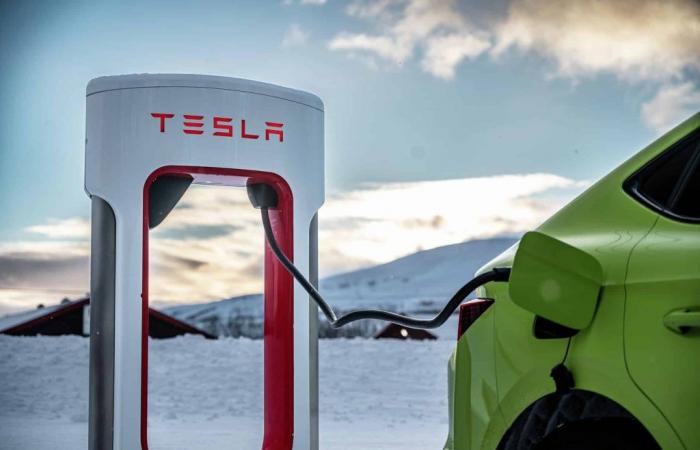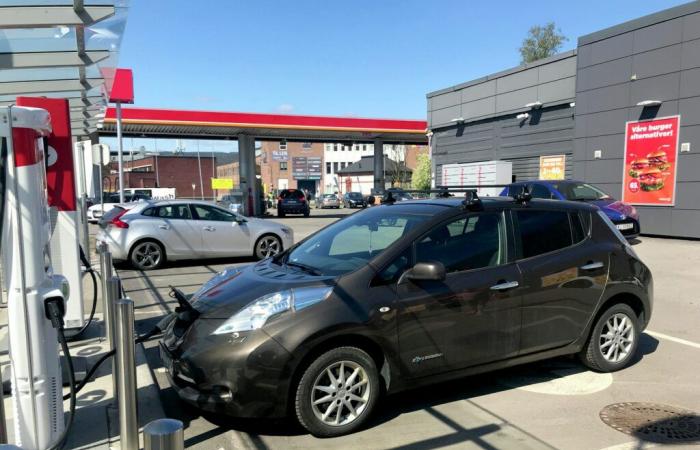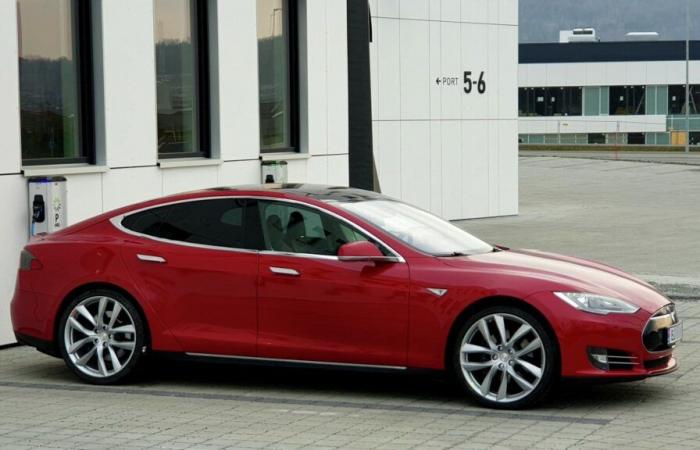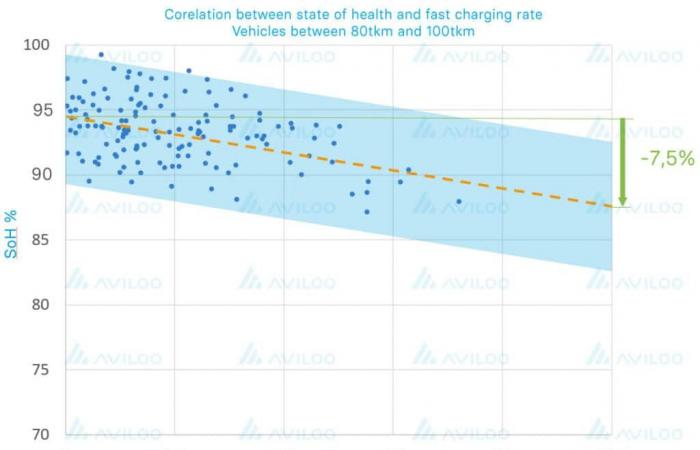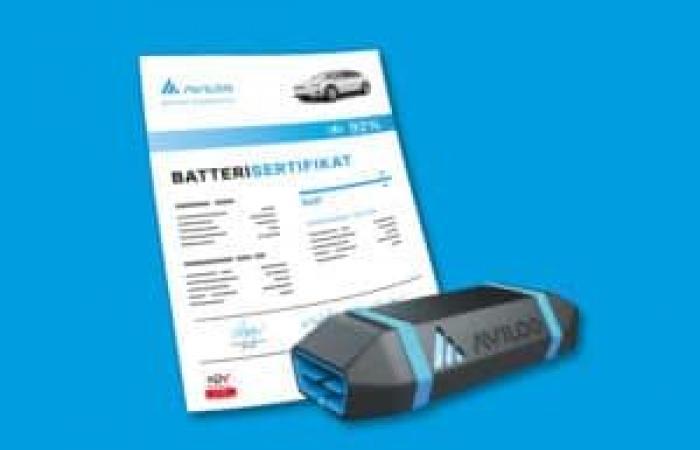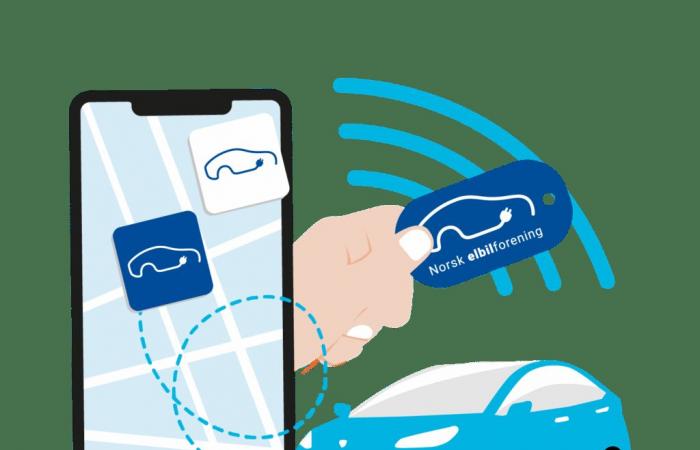12.04.2023 13:19 | Updated 14:57
The company Aviloo Battery Diagnostics has new data on the connection between fast charging and reduced battery capacity: Now they encourage fast charging moderation if you want to protect your battery.
Since June last year, the Norwegian Electric Vehicle Association has offered battery health checks on a wide number of electric vehicle models using Aviloo’s diagnostic equipment. The tests are carried out via another partner, namely Viking Kontroll.
Ever since the company was established three years ago, Aviloo has analyzed the test data, which is becoming increasingly extensive, partly as a result of its presence on the Norwegian market.
In the first review we published, the topic was how rapid charging had affected the battery health (SOH/state of health) of electric cars with a long mileage, compared to cars that were normally charged at low outputs:
Study of 22 electric cars with high mileage reveals:
That’s how much frequent fast charging affects battery health
The Aviloo analysis basically showed that the average SOH at a mileage of 180,000 to 200,000 kilometers is reduced by around 17 percentage points as a result of fast charging, compared to cars that are not fast charged.
Selection with shorter mileage
Now the technical team at Aviloo has considered a selection of approximately 160 electric cars with approximately half the mileage.
– This time we looked at electric cars with mileage between 80,000 and 100,000 kilometres, says the company’s technical manager, Nikolaus Mayerhofer.

The results show that even with relatively short driving distances, the batteries’ health is reduced by around 7.5 percentage points with frequent rapid charging compared to normal charging.
This means that the average degradation of battery health is relatively proportional to the mileage.
Recommendation: Only when necessary
In the Norwegian Electric Vehicle Association, we have long been aware of the connection between very frequent rapid charging and degradation of battery health.
– That is why it is very interesting to be able to analyze an increasingly broad data base in order to be able to give the best possible advice on how the battery packs should be best managed – for the longest possible life in the electric cars, says senior advisor and test manager at the Electric Vehicle Association, Ståle Frydenlund.
Aviloo’s technical manager Nikolaus Mayerhofer believes there are still many unanswered questions about battery health.
– We will continue to monitor fast charging to see how battery health is affected. Based on our measurements, analyzes and observations, we can only recommend fast charging when it is really necessary, says Nikolaus Mayerhofer.
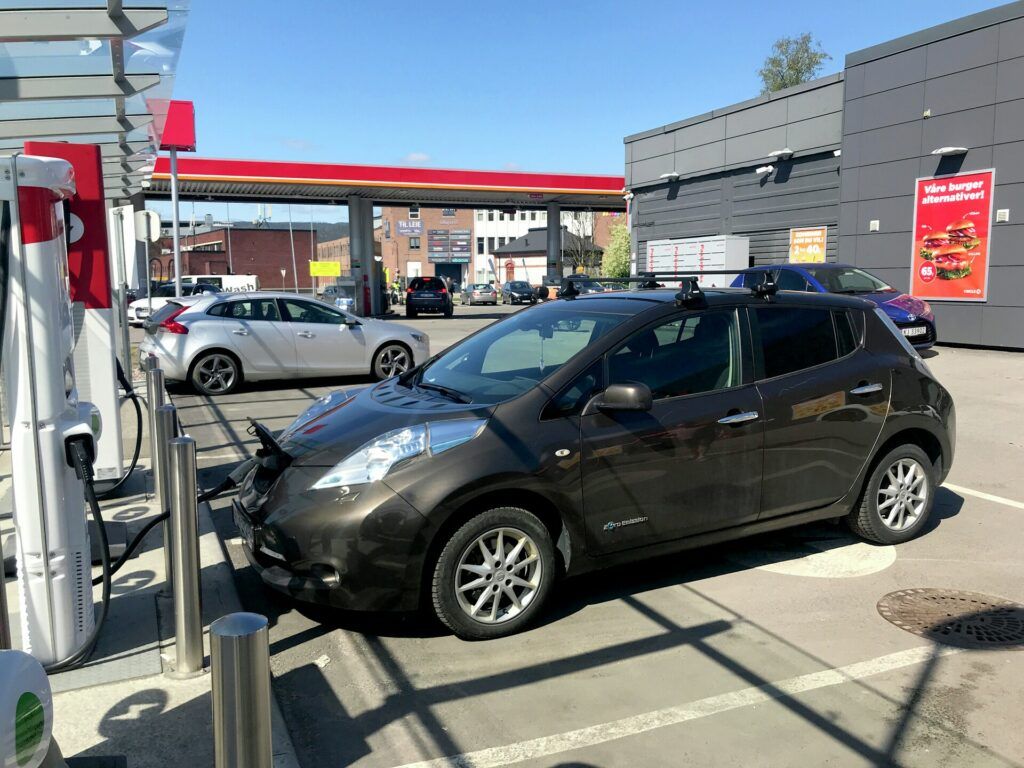
In other words: Electric car batteries do best with normal charging in everyday life.
At the same time, both he and Frydenlund emphasize that there is no problem with occasional fast charging on longer trips.
– The point here is to have a conscious relationship with the distribution between normal and fast charging if you want the car to perform as well as possible, for as long as possible, says Frydenlund.
Does not reveal make and model
Mayerhofer states that all of the 160 electric cars included in the analysis are equipped with active temperature control of the battery packs, and that all of them had what he refers to as “normal” capacity reduction.
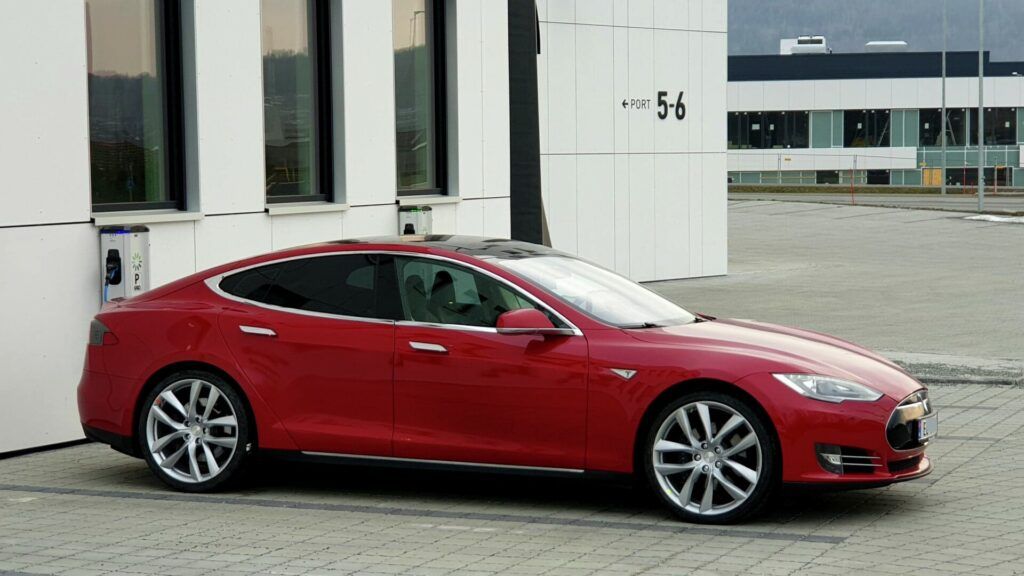
– The analysis therefore does not include any sources of error in the form of, for example, errors in individual cells, says Mayerhofer.
– Intensive test processes, monitoring and data analysis have been carried out over the past three years, he adds.
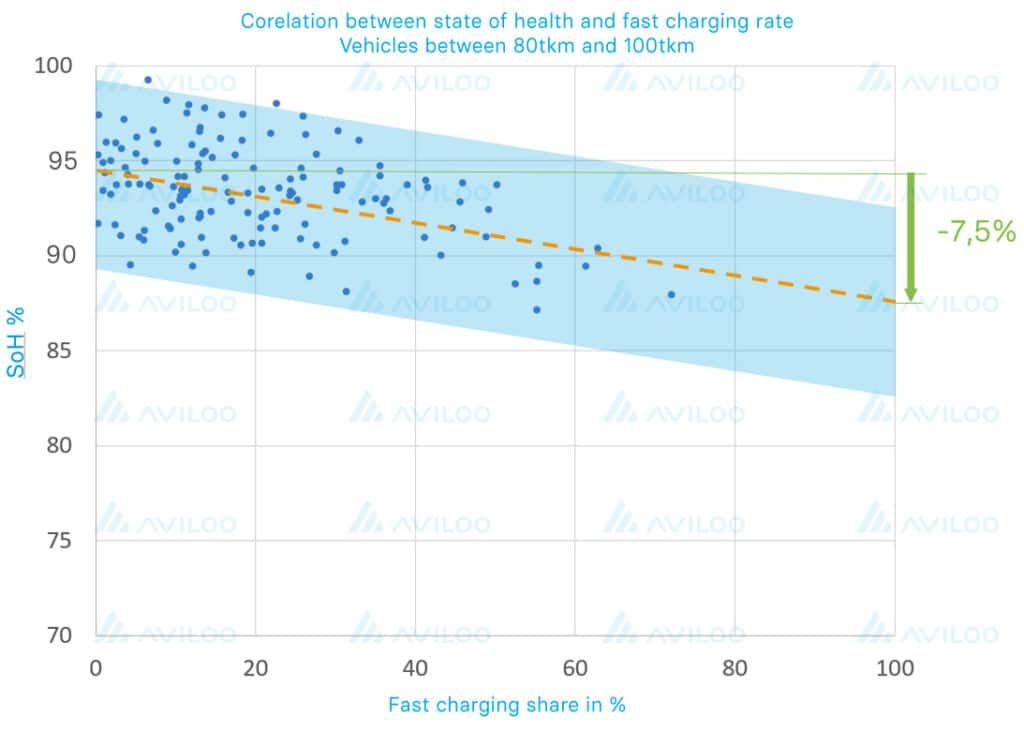
Mayerhofer feels confident that Aviloo has the most comprehensive database on the state of health of the batteries in both electric cars and plug-in hybrids.
The diagnostic equipment from Aviloo currently covers around 80 percent of available electric car models on the market.
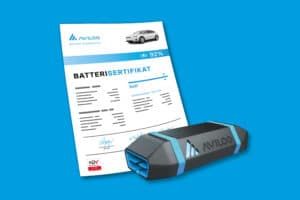 MEMBER BENEFIT
MEMBER BENEFITAviloo battery health test
Now you can finally test your electric car battery thoroughly and independently.
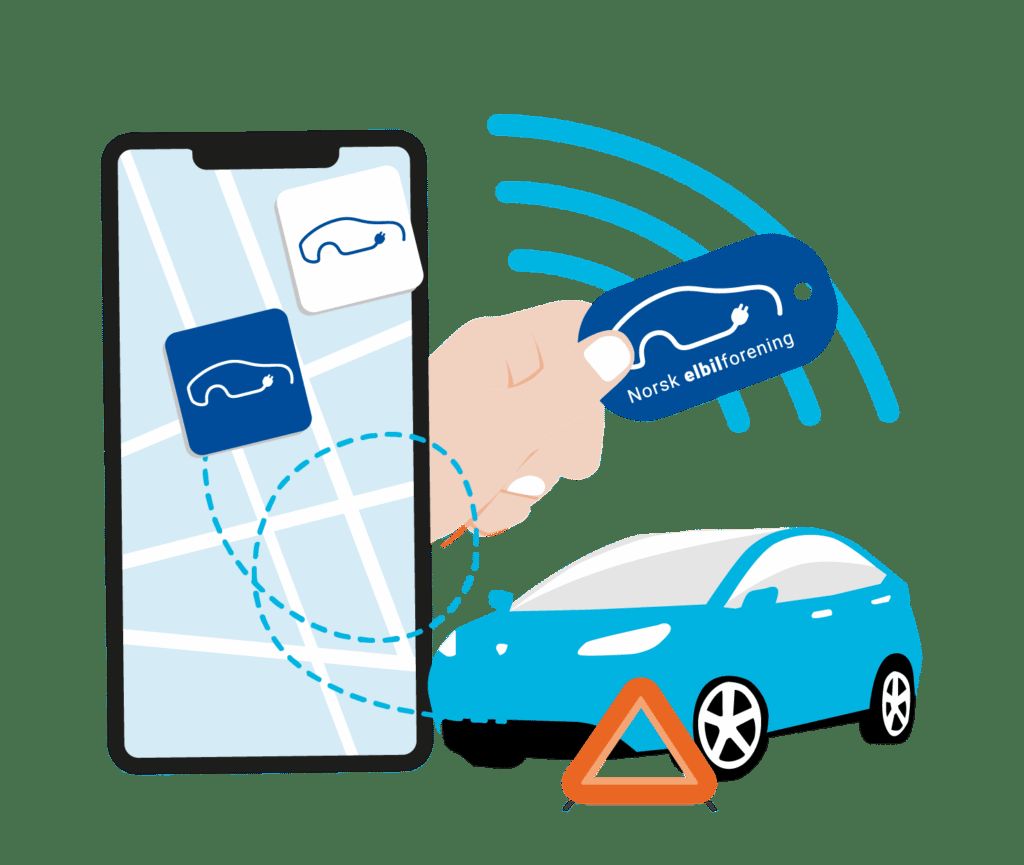
Become a member!
Get the Norwegian Electric Vehicle Association’s charging tag that gives you access to charging stations in Norway and Europe, expert help on charging and super offers on roadside assistance. Do like over 120,000 other electric motorists!

